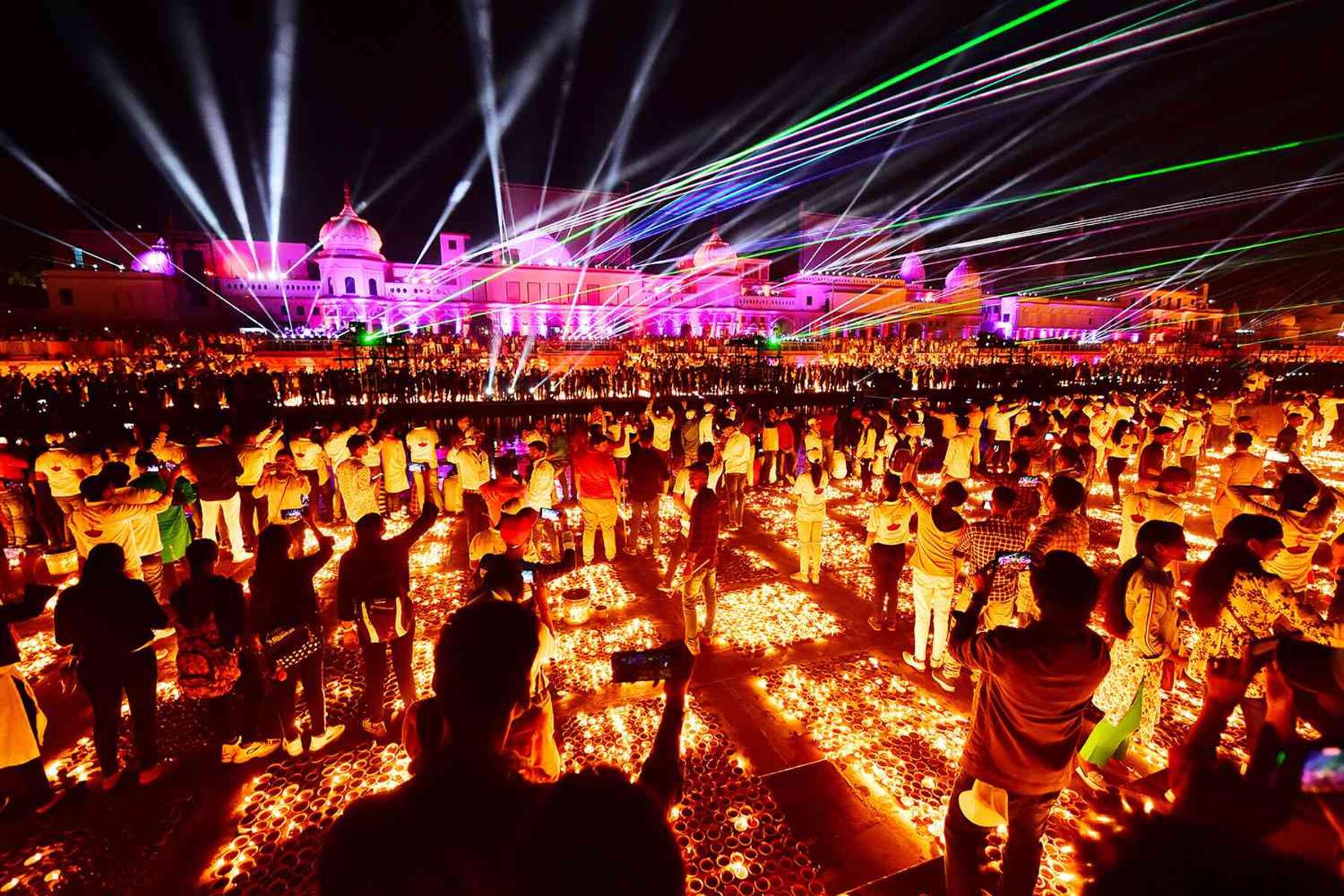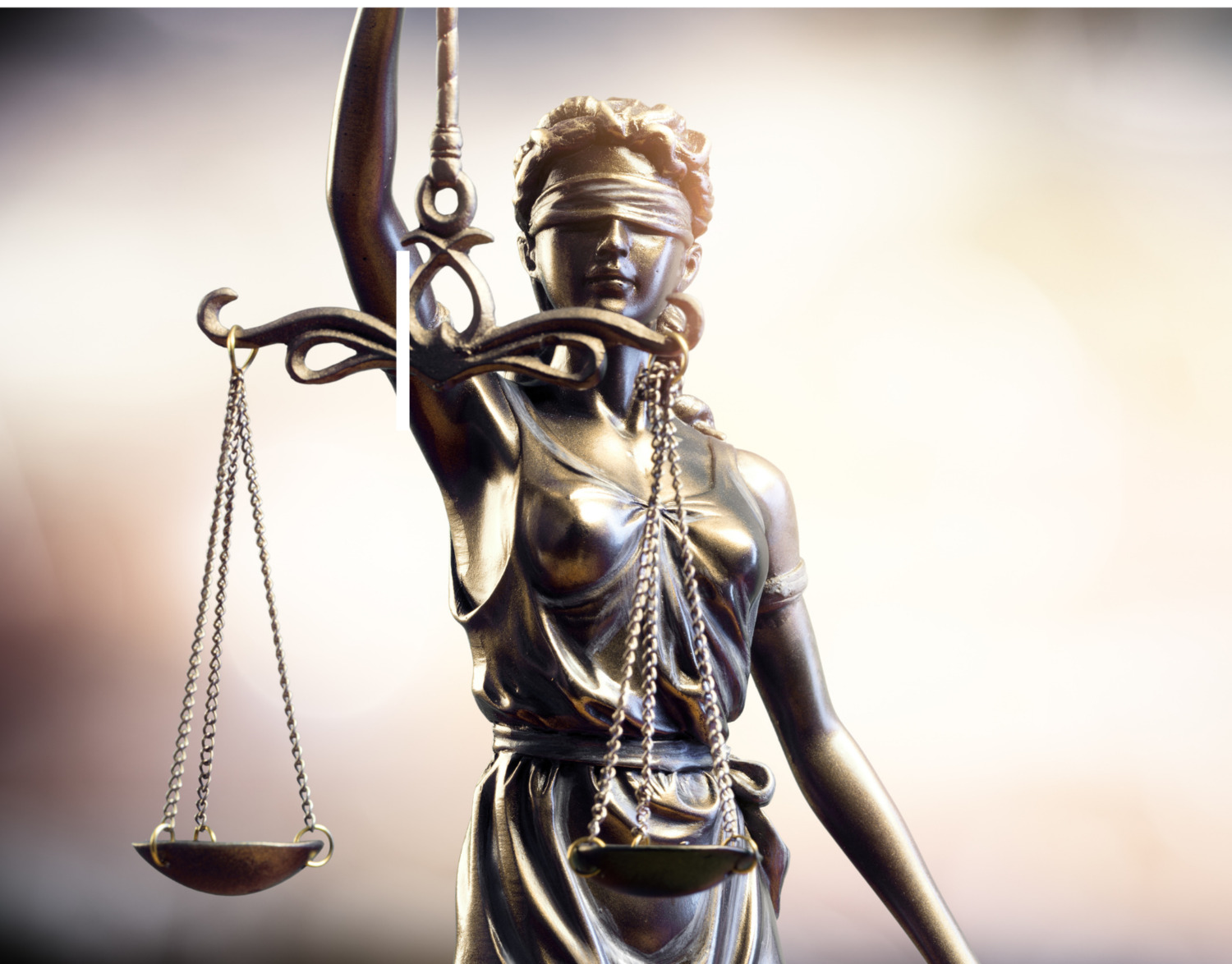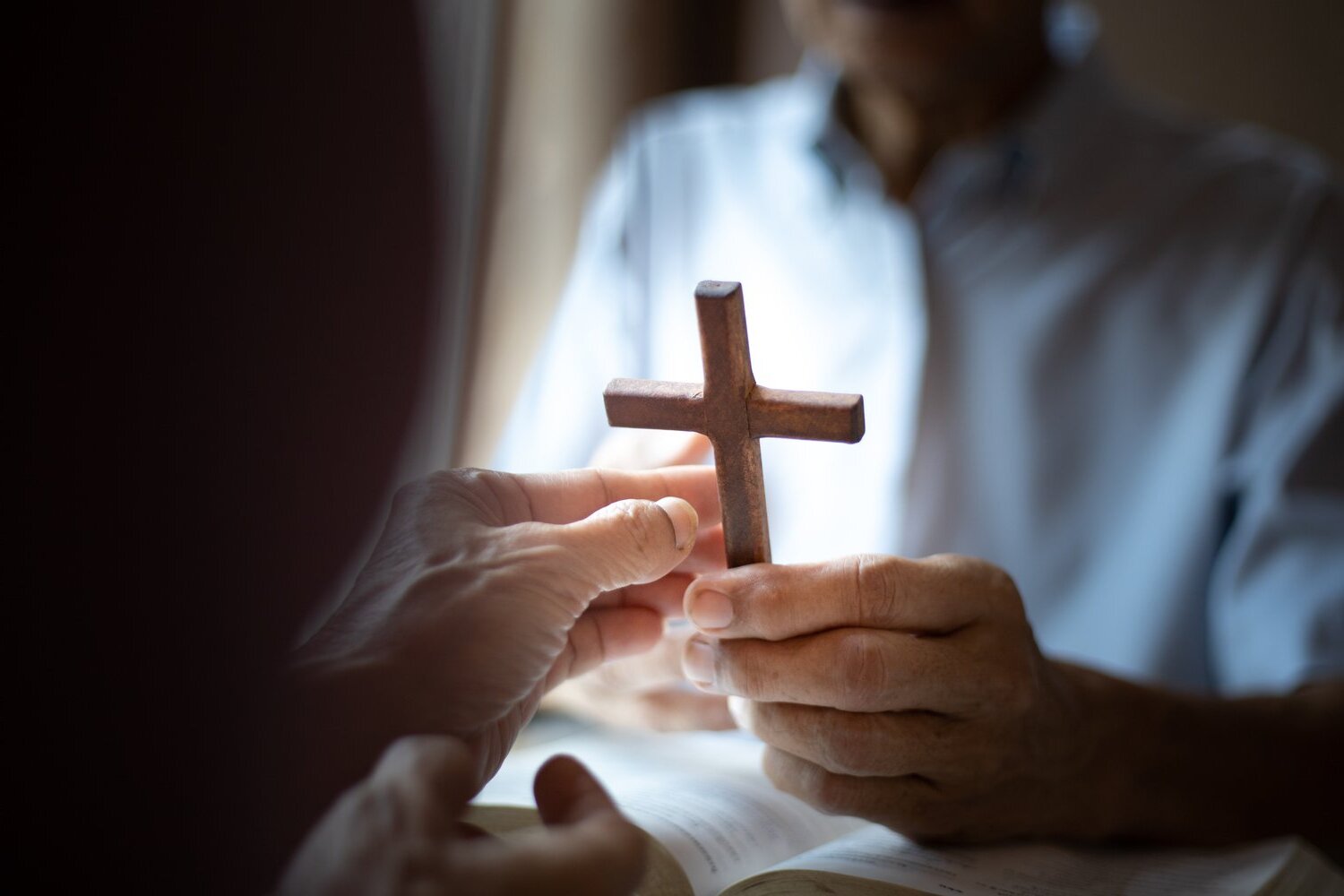
Diwali, also known as the Festival of Lights, is one of the most anticipated and widely celebrated festivals in India and across the world. It holds immense cultural and religious significance for Hindus, Jains, and Sikhs, marking the victory of light over darkness and good over evil. This joyful festival spans over several days, filled with vibrant decorations, mesmerizing fireworks, delicious feasts, and the exchange of gifts.
Diwali brings people together, fostering a sense of unity and positivity. It is a time for families to gather, share laughter, and create beautiful memories. This auspicious occasion is steeped in tradition and is observed with various rituals and customs, each with its own significance.
In this article, we will delve into 11 fascinating facts about Diwali that highlight the rich history, symbolism, and unique celebrations associated with this joyous festival.
Key Takeaways:
- Diwali, the Festival of Lights, symbolizes the victory of light over darkness and is celebrated by Hindus, Jains, and Sikhs. It unites people of different cultures and is observed globally.
- During Diwali, families clean their homes, light oil lamps called diyas, and share delicious sweets. It’s a time for unity, prosperity, and the triumph of good over evil.
The History of Diwali
Diwali, also known as the Festival of Lights, is one of the most significant festivals in Hindu culture. It has its origins in ancient India and is celebrated by millions of people worldwide. The festival signifies the triumph of light over darkness, good over evil, and knowledge over ignorance.
The Date of Diwali
Diwali is celebrated on different dates each year, as it is based on the Hindu lunar calendar. Typically, it falls between mid-October and mid-November, lasting for five days. The exact date is determined by the position of the moon and varies from year to year.
The Significance of Diwali
Diwali holds great religious and cultural significance for Hindus, Jains, and Sikhs. For Hindus, it symbolizes the return of Lord Rama after his 14-year exile and his victory over Ravana. Jains commemorate the attainment of moksha (liberation) by Lord Mahavira, the last Tirthankara. Sikhs celebrate Diwali to mark the release of Guru Hargobind Sahib Ji and 52 other kings from prison.
The Festival of Lights
Diwali is often referred to as the Festival of Lights due to the tradition of lighting oil lamps called diyas. These diyas are placed around homes, temples, and other public places to symbolize the victory of light over darkness. Firecrackers are also lit during Diwali to ward off evil spirits.
The Rituals and Traditions
During Diwali, families clean their homes and decorate them with colorful Rangoli designs. They offer prayers to deities, visit temples, and exchange gifts with friends and relatives. People also dress in new clothes, prepare delicious sweets, and share festive meals together.
The Burst of Colors
Diwali is a visually stunning festival with vibrant colors adorning the streets and homes. The markets come alive with shops selling decorations, clothing, and fireworks. The sight of intricate Rangoli patterns and beautifully lit diyas adds to the festive atmosphere.
The Festival of Prosperity
Diwali is a time for celebration and abundance. It is believed that Goddess Lakshmi, the goddess of wealth and prosperity, visits homes that are clean and well-lit. To welcome her, people decorate their houses with lamps, light candles, and offer prayers for financial success and prosperity.
The Joy of Shopping
Diwali is an opportune time for shopping, as people buy new clothes, jewelry, and household items. The markets are bustling with shoppers looking for the perfect festive attire and gifts for loved ones. This surge in shopping boosts the economy and brings joy to both buyers and sellers.
The Delight of Sweets
Sweets hold a special place in Diwali celebrations. Traditional Indian sweets, such as ladoos, barfis, and jalebis, are prepared and shared with family and friends. These mouth-watering treats are exchanged as a symbol of love, happiness, and unity.
The Cultural Unity
Diwali is a festival that unites people of different cultures and communities. It is celebrated not only by Hindus but also by Jains, Sikhs, and some Buddhists. This multicultural participation serves as a reminder of the diversity and harmony that exist within society.
The Global Celebration
Diwali is not only celebrated in India but also by Hindu communities around the world. In countries like Nepal, Sri Lanka, Malaysia, Mauritius, and Fiji, Diwali is observed as a public holiday and is embraced with great enthusiasm. It serves as a beautiful reminder of the rich Indian culture and its global reach.
As we can see, Diwali is an extraordinary festival filled with joy, symbolism, and tradition. It is a time for unity, prosperity, and the triumph of light over darkness. Whether it’s the lighting of diyas, the exchange of gifts, or the preparation of delicious sweets, every aspect of Diwali brings people together in celebration. So let us embrace the spirit of Diwali and spread the light and happiness to all those around us!
Conclusion
Diwali, also known as the Festival of Lights, is a joyous and significant celebration in Hindu culture. It symbolizes the victory of light over darkness and good over evil. With its stunning array of fireworks, delectable sweets, and vibrant decorations, Diwali is a spectacle that enchants people all around the world.
During Diwali, families come together to perform religious rituals, exchange gifts, and share delicious meals. The festival fosters a spirit of unity and togetherness, spreading warmth and happiness among loved ones.
By learning about the 11 fascinating facts about Diwali, we gain a deeper understanding and appreciation for this remarkable festival. Diwali is not only a time for celebration but also a reminder of the importance of love, compassion, and hope.
Celebrating Diwali is a time-honored tradition that brings people closer and uplifts their spirits. So, let the lights of Diwali illuminate your life and fill it with love, joy, and prosperity!
FAQs
1. What is Diwali?
Diwali, also known as Deepavali, is a Hindu festival that celebrates the victory of light over darkness and good over evil.
2. When is Diwali celebrated?
Diwali is usually celebrated in October or November, depending on the Hindu lunar calendar. The exact date varies each year.
3. Why is Diwali called the Festival of Lights?
Diwali is called the Festival of Lights because it is marked by the lighting of oil lamps, known as diyas, and the decoration of homes and public spaces with colorful lights.
4. What are some traditional customs and rituals associated with Diwali?
Some common customs and rituals include cleaning and decorating homes, exchanging gifts, lighting fireworks, performing prayers and religious ceremonies, and sharing delicious sweets and meals.
5. What is the significance of fireworks during Diwali?
The fireworks during Diwali symbolize the jubilation and excitement of the festival. They are believed to ward off evil spirits and bring happiness and prosperity.
6. Is Diwali only celebrated by Hindus?
While Diwali is a Hindu festival, it is also celebrated by people of other religions, including Sikhs, Jains, and Buddhists. It is a time for unity and inclusiveness.
7. What is the traditional Diwali sweet?
One of the most popular traditional sweets during Diwali is called “laddu.” It is made from flour, sugar, and ghee, and often flavored with various ingredients like dried fruits and cardamom.
8. Are there any specific colors associated with Diwali?
Yes, the color most commonly associated with Diwali is yellow, as it symbolizes knowledge and learning. Red is also considered auspicious and is often used in decorations.
9. Can I celebrate Diwali if I am not from an Indian background?
Absolutely! Diwali is a festival for everyone to enjoy and celebrate. It is a time to appreciate diverse cultures and come together in the spirit of joy and harmony.
10. What are some eco-friendly alternatives to fireworks during Diwali?
If you prefer to celebrate Diwali in an eco-friendly way, you can opt for decorative lights, rangoli (artistic designs made with colored powders), and sparklers instead of traditional fireworks.
11. How can I participate in Diwali celebrations?
You can participate in Diwali celebrations by attending local events, decorating your home with lights and diyas, exchanging gifts with loved ones, and enjoying traditional Diwali delicacies.
Diwali's enchanting lights and vibrant colors captivate hearts worldwide, but there's more to explore in the realm of dazzling displays. Discover Ontario's mesmerizing Winter Festival of Lights, where illuminations paint winter nights in breathtaking hues. Witness Spain's Tarragona International Fireworks Competition, as pyrotechnic marvels dance across starry skies. Immerse yourself in India's joyous Holi Festival, where vivid powders and water create a kaleidoscope of colors, uniting people in celebration. Each event offers its own unique magic, waiting to be experienced and cherished.
Was this page helpful?
Our commitment to delivering trustworthy and engaging content is at the heart of what we do. Each fact on our site is contributed by real users like you, bringing a wealth of diverse insights and information. To ensure the highest standards of accuracy and reliability, our dedicated editors meticulously review each submission. This process guarantees that the facts we share are not only fascinating but also credible. Trust in our commitment to quality and authenticity as you explore and learn with us.


